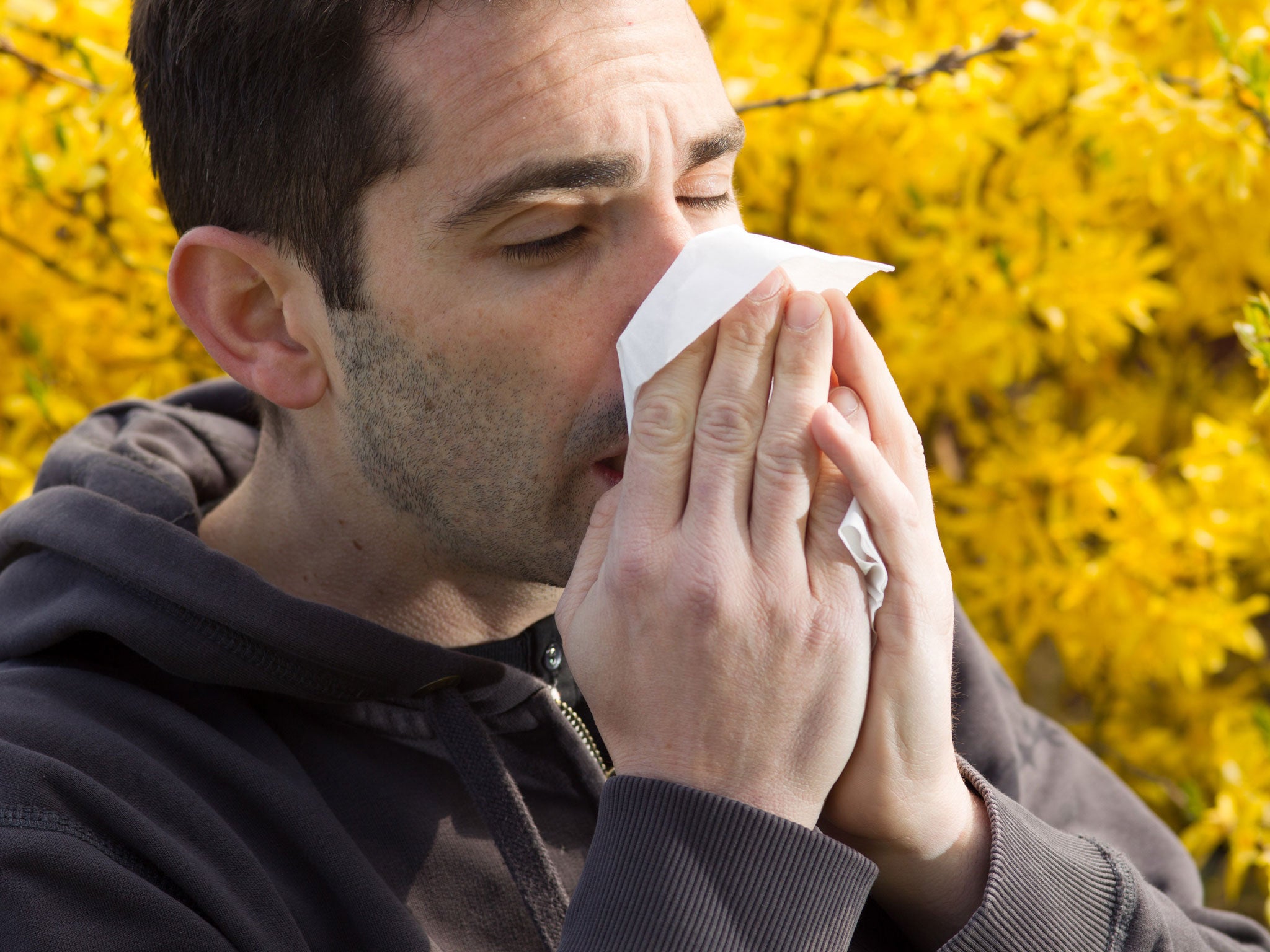How not to get the cold in winter: A guide to avoid being ill

Your support helps us to tell the story
From reproductive rights to climate change to Big Tech, The Independent is on the ground when the story is developing. Whether it's investigating the financials of Elon Musk's pro-Trump PAC or producing our latest documentary, 'The A Word', which shines a light on the American women fighting for reproductive rights, we know how important it is to parse out the facts from the messaging.
At such a critical moment in US history, we need reporters on the ground. Your donation allows us to keep sending journalists to speak to both sides of the story.
The Independent is trusted by Americans across the entire political spectrum. And unlike many other quality news outlets, we choose not to lock Americans out of our reporting and analysis with paywalls. We believe quality journalism should be available to everyone, paid for by those who can afford it.
Your support makes all the difference.Cold and flu season seems to have arrived, in all its horror – chances are that wherever you look, people are sneezing, coughing and whimpering. But getting ill isn't an inevitability, and by following these tips you can at least try and keep the viruses at bay.
Tips for avoiding getting sick
Wash your hands, whether you’re ill or not
Most people catch the cold or flu through coming into contact with the tiny drops of mucus that are sneezed or coughed into the air when people are ill. If they are breathed in, or exposed by touching places like the mouth or eyes.
Regular hand washing will ensure that you keep the virus from your hands.
If you become ill, then making sure you wash your hands so that it doesn’t spread is hugely important. Ill people can sneeze and cough into their hands without thinking – and then spread the virus everywhere they touch.
Keep your hands from your eyes and mouth
Ensuring that you touch your mouth and hands as little as possible will make sure that any droplets you do pick up have a hard time getting into your body. While you might be careful to ensure that you’re only in clean places, you’ll still probably get
Touch things as little as you can
Even if you’re careful to wash your hands a lot, it doesn’t mean that everyone else will. And anyone who’s got the cold virus on their hands will quickly spread it around pretty much everywhere – where it can stay for 24 hours or more.
So try to not to touch too many things in public spaces. And be especially careful not to put your hands near your eyes or mouth once you have, which will allow the virus in.
Keep surfaces clean
Since flu and cold can linger for so long, it’s worth ensuring that all of your surfaces are clean. If a door is being regularly used, for instance – and especially if you have children – then it is likely to pick up all kinds of things, which can make their way into your body no matter how careful you are.
Make sure you get plenty of sleep
Numerous studies have shown that plenty of sleep helps keep the immune system at its best, and so allows it to beat the cold and flu if it does appear. Again, this is only a way of ensuring that – you might still get the flu or a cold if you sleep perfectly, and people who sleep little might never get ill – but as with being general healthy, it will help your body fight any infection that does arrive.
Get vaccinated for the flu, if you need it
The flu vaccine is the easiest way to ensure that you won’t get the flu. For some people, the illness can be life-threatening, so if you need the vaccine it is certainly worth getting it.
People who are 65 or older, have serious medical conditions or are pregnant are at extra risk, and your GP might advise that you get the jab.
What doesn’t matter
Avoid getting cold or wet
It’s commonly believed that a cold, as the name might suggest, is caught through getting cold. But the only way to get the cold or flu is to be actually exposed to the virus that causes them.
It does seem, however, that getting cold or wet might be a way of bringing out the symptoms of a cold that’s already been caught. It seems to cause blood vessels in the nose to tighten up, which hinders the bodys defences and allows the virus to attack.
So it’s still worth ensuring that you wrap up warm and keep dry during the winter months. But it won’t be enough on its own.
Get lots of vitamin C
Vitamin C seems to offer an incredibly limited boost to your body’s ability to fight cold and flu, if it provides any boost at all.
Join our commenting forum
Join thought-provoking conversations, follow other Independent readers and see their replies
Comments